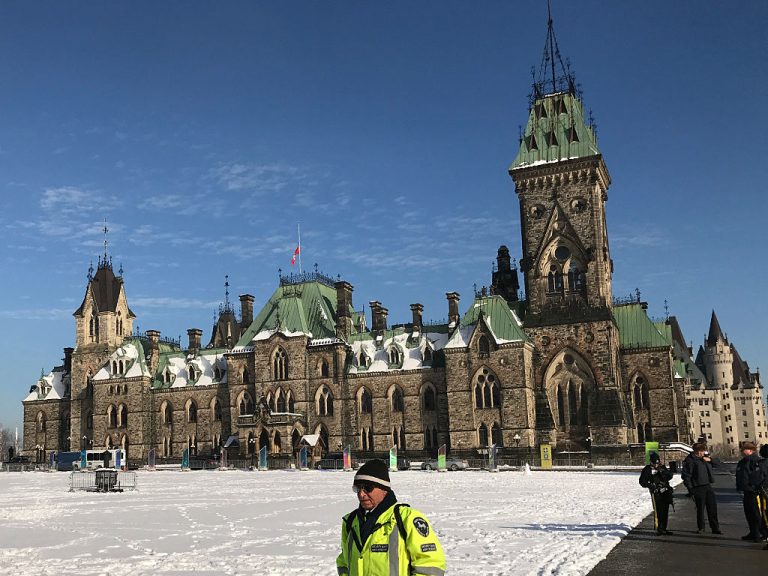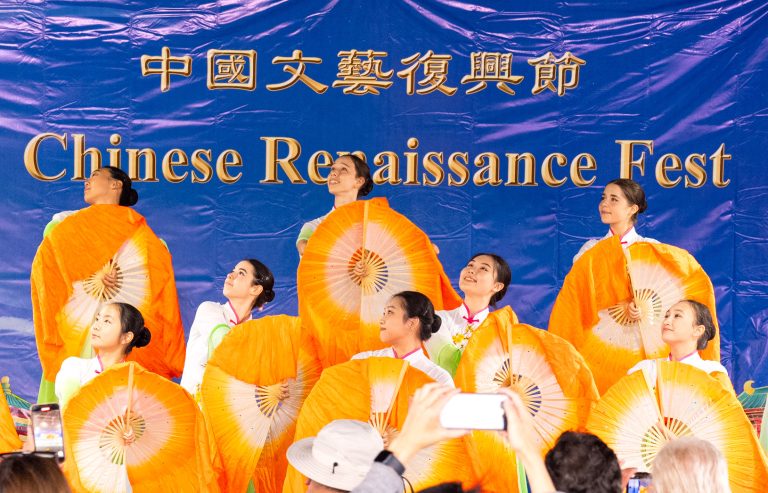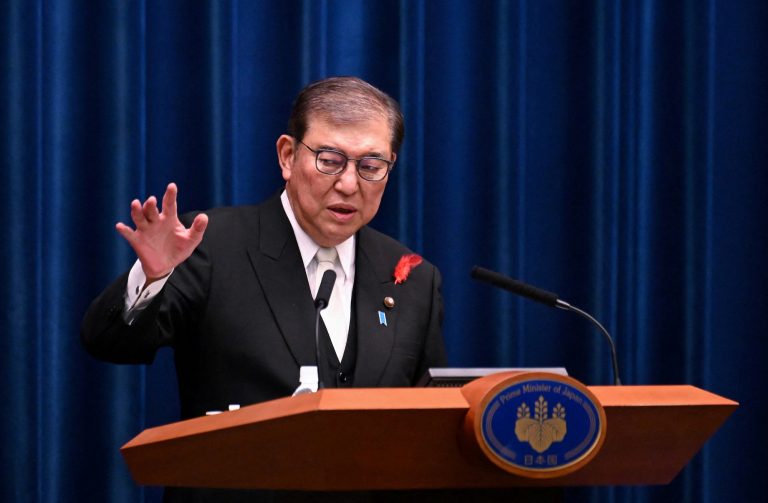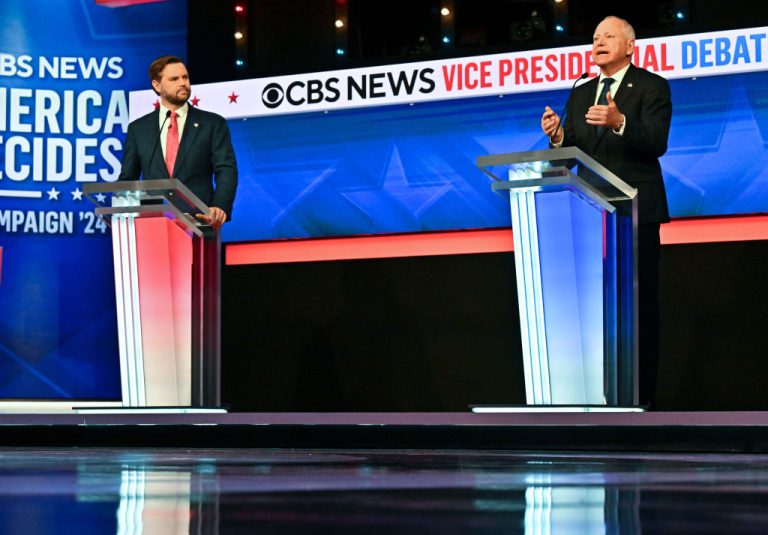Public Safety Minister Marco Mendicino announced the launch of public consultations on March 10 to begin the process of creating a foreign agent registry in Canada, although there is no timeline given for when such a registry would be implemented.
With a foreign agent registry, individuals or entities working for a foreign power to change Canada’s policies, officials, or democratic processes would have to register with the Canadian government. Public Safety Canada (PSC) says the registry will “ensure transparency and accountability” from those acting on behalf of foreign countries.
In the past months, a number of reports by The Globe and Mail, based on national intelligence sources, have alleged that Beijing implemented a sophisticated strategy to interfere in the 2021 federal election. A Global News report in November 2022 also indicated that Prime Minister Justin Trudeau and his cabinet had been told about the Chinese Communist Party’s (CCP) interference in Canada’s 2019 election months before.
Facing mounting pressure to hold a public inquiry into the allegations, Trudeau recently announced that he will name an independent special rapporteur to look into foreign interference in Canadian elections and that has given the Public Safety Minister the job of starting consultations on the creation of a foreign agent registry.
During a press conference in Ottawa on March 10, Mendicino said the consultations are intended to “broadly engage all Canadians” in discussions about foreign interference in Canadian institutions and help find ways of modernizing current legislative authorities to give them ways to address “foreign state activities that go beyond legitimate diplomacy in an attempt to clandestinely or deceptively manipulate Canada’s open democracy.”
Success
You are now signed up for our newsletter
Success
Check your email to complete sign up
According to the March 10 PSC news release, the consultations will run from March 10 to May 9 “with key stakeholders and the Canadian public” and will “inform the path forward, including potential legislation.” “The input received through this consultation will help develop new measures to bolster Canada’s national security,” said the news release.
Mendicino said, once the consultation period is over in May, the Liberal government will begin crafting legislation “that is respectful of the various perspectives and advice” received from Canadians through the consultations.
Long time due
The Liberal government announced as early as February 2021 that it was “actively considering” the creation of a foreign agent registry and has since been questioned repeatedly for delaying it until now.
In March 2022, Conservative Sen. Leo Housakos tabled Bill S-237 in the Senate aimed at creating a foreign influence registry and amending the Criminal Code, but so far, the bill has not received government support and remained idle in the Senate.
During the previous session of Parliament, former Conservative MP Kenny Chiu had attempted to establish a foreign agent registry in Canada through his private member’s Bill C-282. As a result, Chiu allegedly became a victim of disinformation during the last election and lost his seat in the Steveston-Richmond East riding in British Columbia.
Meanwhile, the United States and Australia have already implemented laws to establish a foreign agent registry. The United States has had the Foreign Agents Registration Act in place since 1938, and it has also passed new legislation to counter Beijing’s increasing interference in the country, such as the “Countering the Chinese Government and Communist Party’s Political Influence Operations Act of 2018.”
Australia enacted the Foreign Influence Transparency Scheme in 2018, which is a comprehensive bill aimed at addressing influence efforts from all foreign entities. In 2017, former Australian Prime Minister Malcolm Turnbull specifically cited “disturbing reports about Chinese influence” as an example of why the bill was necessary.
In October 2022, Britain introduced the Foreign Influence Registration Scheme, which requires individuals acting on behalf of foreign interests to declare their influence activities or face criminal penalties.
Groups’ Call
On March 8, Canada-Hong Kong Link and members of the Canadian Coalition for a Foreign Influence Registry co-hosted a webinar on combatting the CCP’s interference targeting Canada. Thirty-three multicultural organizations from across Canada have formed a coalition and are calling on the federal government to enact a foreign influence registry.
“We call upon all Canadian government to pass a foreign influence registry act in the House of Commons … and do this without further delay,” Gloria Fung, president of Canada-Hong Kong Link, said at the webinar.
“If the government considers [public] consultation necessary, we would be happy to cooperate fully. However, the consultation should be conducted in a timely manner, and with groups that are truly representative of local communities and don’t act as proxies for foreign governments,” she said.
The panel speakers also included Charles Burton, a senior fellow at the Macdonald-Laurier Institute; Kayum Masimov, project manager for the Uyghur Rights Advocacy Project; Mabel Tung, chair of Vancouver Society in Support of Democratic Movement; Dinh Tran, leader of Viet Tan Ontario; and Marcus Kolga, president of The Central and Eastern European Council in Canada.
In March 2022, the Coalition issued a joint letter supporting Sen. Leo Hosakos’s Bill S-237 in the
Senate.
A survey conducted by Nanos Research in December 2022 revealed that approximately 90
percent of Canadians are in favour of the establishment of a foreign agent registry, while only
about 7 percent of respondents opposed the idea.







